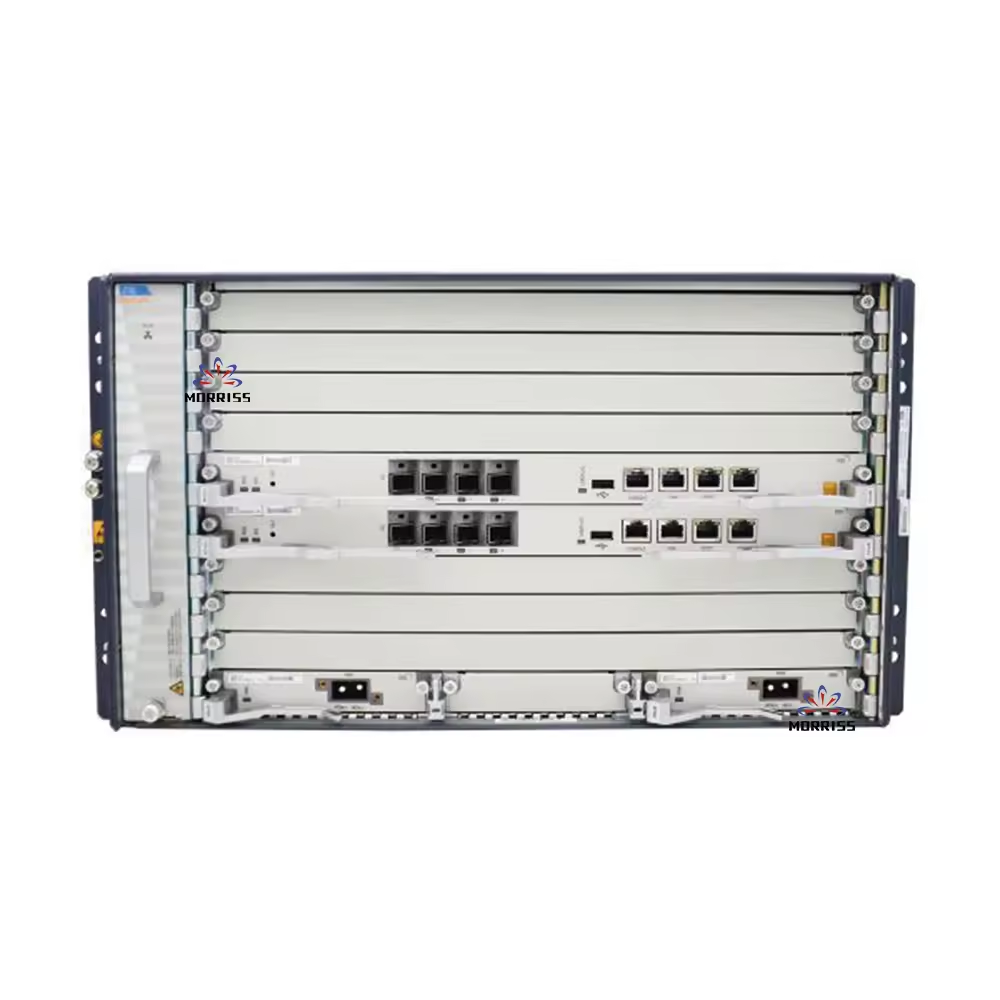"GFCH" stands for Ground Fault Circuit Interrupter with Hold, which is a type of electrical safety device designed to protect against ground faults in electrical circuits. GFCI outlets and breakers are commonly found in locations where water is present, such as bathrooms, kitchens, and outdoor areas, to prevent electrical shock.
Key Attributes:
1. Sensitivity: GFCI devices are designed to be highly sensitive to ground faults, tripping when they detect a small imbalance in the current flow, typically as low as 5 milliamperes (mA).
2. Response Time: They respond quickly to ground faults, often within 25 milliseconds, to minimize the risk of electric shock.
3. Hold Feature: The "Hold" in GFCH refers to a feature that allows the device to maintain its tripped state until the fault is corrected and the device is manually reset. This is different from a standard GFCI, which may automatically reset after a short period.
4. Testing and Indicators: GFCH devices often include a test button to simulate a ground fault and ensure the device is functioning properly. They also have indicator lights to show whether the device is active and if it has tripped.
5. Certifications: GFCH devices must meet safety standards and be certified by organizations like Underwriters Laboratories (UL) or the National Electrical Manufacturers Association (NEMA) to ensure they provide the necessary protection.
Model Specification Parameter Introduction:
When looking at a GFCH device, you might find specifications such as:
Voltage Rating: The voltage at which the device operates, typically 120V or 240V for residential use.
Amperage Rating: The maximum current the device can handle without tripping, often 15 or 20 amperes.
Circuit Type: Whether the device is designed for use with a single pole or double pole circuit.
Mounting Type: How the device is installed, such as surface mount or flush mount.
Environmental Ratings: Information on the device's resistance to moisture, dust, and other environmental factors.
Understanding these key attributes and specifications can help ensure that you select the appropriate GFCH device for your specific electrical safety needs. Always consult with a qualified electrician for installation and to ensure compliance with local electrical codes.







